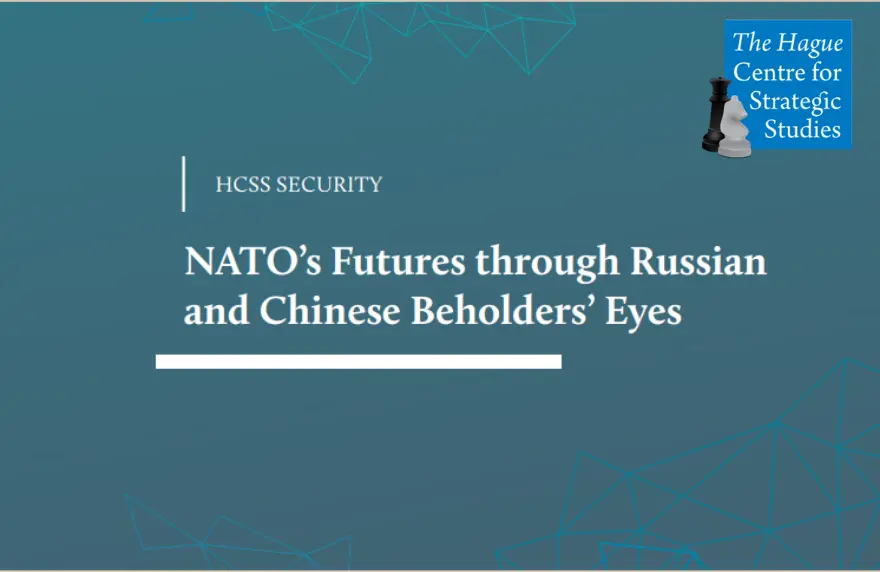NATO powers are now paddling backward, expressing concerns over arming the rebels. Some declare that arming the rebels violates the arms embargo of the 1970 Security Council resolution, others are worried that Islamists with connections to al-Qaeda are among the rebels, while still others fear the unknown consequences (read: Afghanistan and Iraq).
But the case for arming the rebels is more compelling. First, UN resolution 1973 makes an exception to arms the rebels by authorizing the use of “all necessary measures” to protect civilians. Second, it is hardly the case that opposition forces are linked to al Qaeda; in the words of Adm. James Stavridis, NATO’s supreme allied commander in Europe: “The Intelligence that I’m receiving at this point makes me feel that the leadership that I’m seeing are responsible men and women who are struggling against Col. Gadhafi.” Most important, however, it is politically unwise to abandon the rebels at this crucial point in time. The opposition forces have already been pushed out of Brega.
Unless the rebels are armed and provided training and intelligence, the endgame is either a protracted civil war or the annihilation of the opposition by Gadhafi’s forces (like Saddam Hussein did with Kurdish and Shia revolts 1991). Given the superior military capability of Gadhafi the opposition is likely to be crushed. In either case, the outcome will be a nightmare for Libyans and a major blow to the interests of neighboring countries. Libya will descend into a state of terror, while the rest of its neighboring countries will have to live with the threat of an unpredictable dictator at their doorsteps. Make no mistakea half-hearted intervention in Libya is a tragic blunder, which will bite back.

 Irrationele keuzes in Haags parlement (NL)
Irrationele keuzes in Haags parlement (NL)


